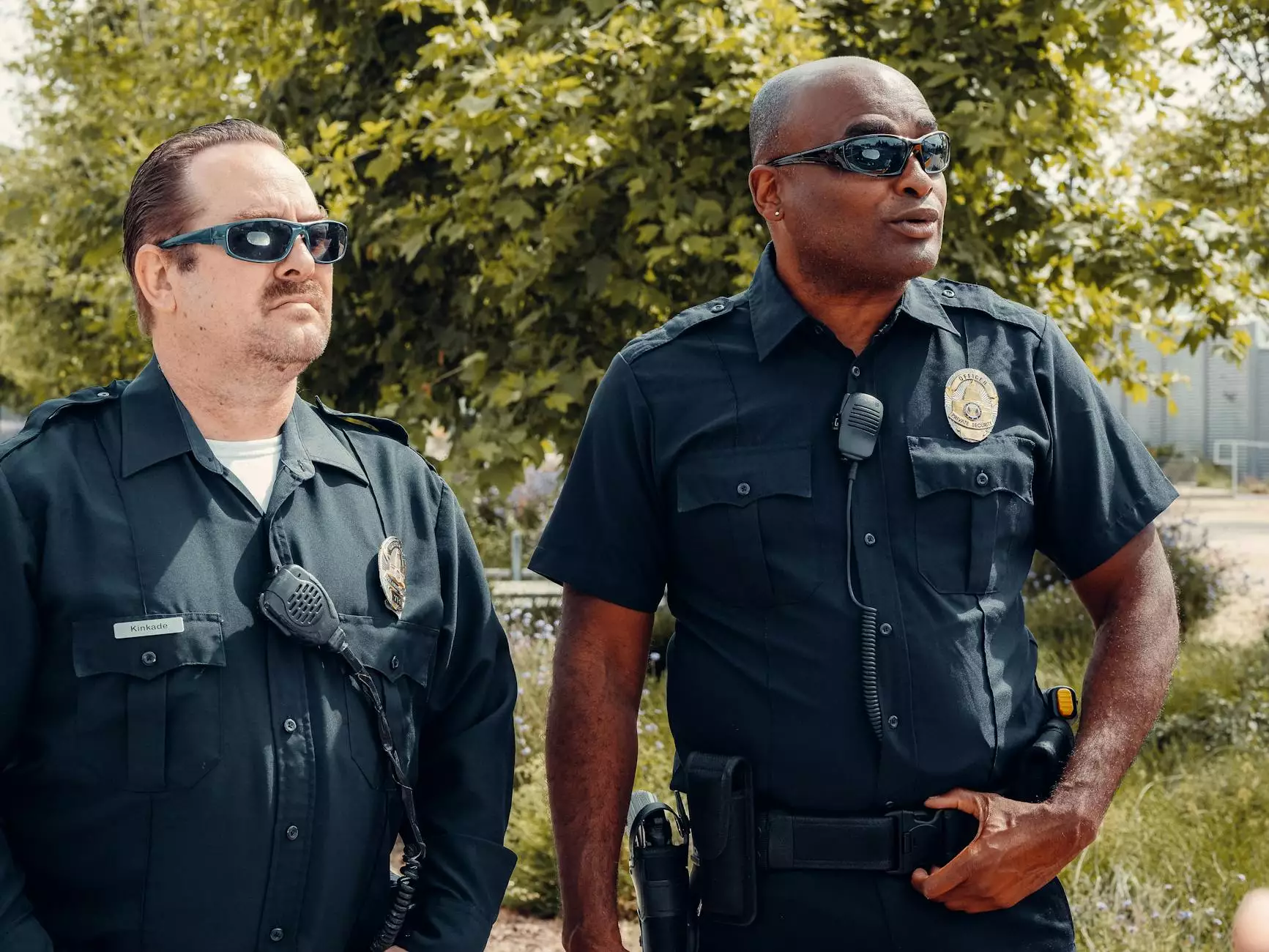Empowering Communities Through Faith: The Impact of Churches and Religious Organizations in NYC

In the vibrant urban landscape of New York City, https://bridgechurchnyc.com/ stands as a shining example of how churches, religious organizations, and community service initiatives can profoundly transform lives. The role of these institutions extends beyond spiritual guidance, encompassing vital social services, community empowerment, and cultural enrichment. This comprehensive article explores how faith-based organizations thrive in NYC, their significance in society, and why their presence is crucial for building a more compassionate, inclusive, and resilient community.
The Vital Role of Religious Organizations in Urban Communities
Building Social Capital and Fostering Community Bonds
Religious organizations in NYC serve as anchors of stability and centers of community engagement. They create safe spaces where individuals can find support, camaraderie, and a sense of belonging amidst the hustle and bustle of city life. These institutions often host events, workshops, and social gatherings that strengthen social bonds, encouraging residents to work together for common goals.
Providing Essential Social Services
Many churches and religious groups extend their reach beyond spiritual matters by offering essential services such as food pantries, homeless shelters, addiction recovery programs, and youth mentorship. For instance, organizations like https://bridgechurchnyc.com/ exemplify how faith-based entities actively address pressing social issues, making a tangible difference in people's lives.
Spiritual Growth and Personal Development
Beyond community service, these organizations facilitate spiritual growth through worship services, prayer groups, and educational programs. They nurture faith-based resilience, helping individuals navigate life's challenges with hope, purpose, and moral guidance.
Churches as Catalysts for Community Development in NYC
Historical Significance of Churches in NYC
New York City's religious architecture and institutions are woven into its historical fabric. From the iconic St. Patrick's Cathedral to local neighborhood churches, these structures symbolize faith, perseverance, and collective identity. They have played pivotal roles during critical periods, such as labor movements, social justice initiatives, and city-wide recovery efforts.
Modern-Day Contributions to Urban Development
Today, churches contribute to urban development by revitalizing neighborhoods, supporting small businesses, and promoting cultural diversity. They often collaborate with local authorities and non-profits to drive economic growth and enhance urban livability. For example, programs organized by institutions like https://bridgechurchnyc.com/ actively promote community engagement and social entrepreneurship.
Community Service and Non-Profit Initiatives: The Heartbeat of Religious Organizations
Addressing Social Inequities
Religious organizations in NYC are on the forefront of tackling social disparities. They create programs tailored to support marginalized populations, including refugees, unemployed youth, and seniors. By fostering inclusive outreach, these organizations promote equality and social justice.
Volunteerism and Grassroots Movements
One of the core strengths of churches and religious groups is their ability to mobilize volunteers. These grassroots movements respond rapidly to emergencies such as natural disasters, health crises, or community conflicts. Their flexibility and compassion make them indispensable responders and advocates.
Partnerships with Local Governments and Businesses
Successful community programs often result from strategic partnerships. Religious organizations partner with city agencies, educational institutions, and private entities to maximize impact. Such collaborations ensure sustainable development and effective service delivery.
Why Choosing a Community-Centric Church Matters in NYC
Fostering Inclusion and Diversity
New York City is among the most ethnically and culturally diverse metropolises globally. Churches and faith-based groups play a vital role in fostering inclusive environments where people of all backgrounds can unite under shared values of compassion and service.
Promoting Moral and Ethical Values
Religious organizations serve as moral compasses, guiding communities through ethical dilemmas and societal changes. They instill values such as justice, integrity, and empathy, critical for nurturing healthy communities.
Supporting Mental and Emotional Well-being
Feeding both the soul and mind, churches offer counseling, support groups, and healing ministries. They are essential partners in addressing mental health issues and reducing loneliness among city residents.
How Businesses Like https://bridgechurchnyc.com/ Set an Example in NYC
Organizations like https://bridgechurchnyc.com/ demonstrate leadership in integrating faith, community service, and social entrepreneurship. Their efforts exemplify how faith institutions can adapt to the modern era by embracing innovation, technology, and inclusive outreach programs.
Innovative Approaches to Community Engagement
- Utilizing digital platforms for outreach and communication
- Implementing youth empowerment programs with modern leadership models
- Partnering with local businesses to create sustainable economic opportunities
- Hosting intercultural events that foster understanding and unity
Building Resilient and Thriving Communities
By fostering collaborative networks and emphasizing social responsibility, churches like https://bridgechurchnyc.com/ help create neighborhoods where everyone—not just the spiritually inclined—can flourish. Their comprehensive approach addresses physical needs and promotes spiritual and emotional well-being.
The Future of Churches and Religious Organizations in NYC
Embracing Digital Transformation and Inclusivity
The future involves leveraging technology to reach broader audiences and foster inclusivity. Virtual services, online giving, and social media engagement will continue to expand the reach of religious organizations, ensuring their vital role persists amid changing societal dynamics.
Strengthening Community Resilience and Sustainability
Future initiatives will emphasize climate resilience, mental health support, and economic empowerment. Churches will increasingly become multi-purpose community hubs—spaces for worship, learning, activism, and social innovation.
Encouraging Social Justice and Civic Engagement
There is a growing recognition of the importance of advocating for social justice, influencing policy, and mobilizing communities to address systemic issues. Religious organizations will continue to serve as advocates for equity and human rights in NYC.
Conclusion: The Indispensable Role of Churches in NYC’s Social Fabric
In a city as dynamic and diverse as New York, faith-based organizations and churches like https://bridgechurchnyc.com/ play an integral role in shaping social, cultural, and moral landscapes. They provide essential services, foster community cohesion, and inspire hope amid challenges. Embracing their evolving role ensures that NYC remains a place of resilience, compassion, and unity for generations to come.
Whether through direct service initiatives, cultural outreach, or spiritual counseling, these organizations exemplify how faith can serve as a powerful catalyst for positive change. In partnering, innovating, and advocating, churches and religious organizations are vital to maintaining the city’s strength and vibrancy.
Join the Movement: Supporting Churches and Community Service in NYC
To contribute to this ongoing mission of community betterment, consider volunteering, donating, or participating in local faith-based programs. Every action helps strengthen the social fabric of NYC, turning faith into tangible progress and hope for all.









